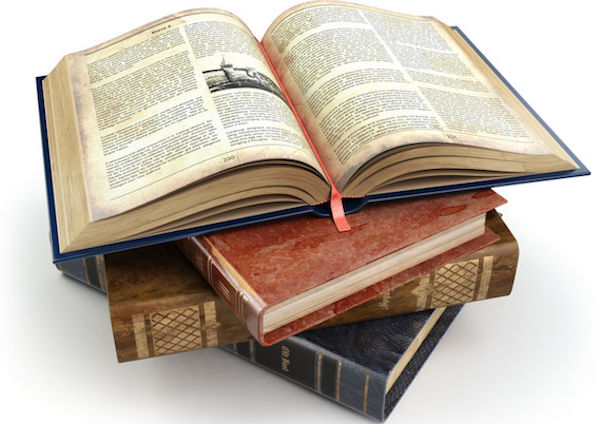Thirty years ago, when I first began a serious study of tea, one of the first books I read was The Book of Tea by Kakuzo Okakura. After all these years, I still return to this book again and again for a reminder of the “philosophy of tea.”
Okakura was born in Yokohama, Japan in 1862. He was one of the first students at Tokyo University, which was established in 1877. Instruction at the university was in English, and after working with Christian missionaries at the university, Okakura moved to Boston. There he became the Director of the Asian Arts Department at the Museum of Fine Arts.
In 1906, Okakura published The Book of Tea in English in an effort to build a cultural bridge between East and West. He also wanted to introduce Chanoyu, the tea ceremony, to the Western world.
According to history, he first read the book to an audience at the home of Boston grande dame, Isabella Stewart Gardner. He described how Teaism was a form of spiritual discipline, an appreciation of beauty in ordinary things.
In his book, Okakura covers the schools of tea, the tea room, the art of flower arrangement, and the contributions of various tea masters to the art of tea. But I return to this book often for Okakura’s comments on how drinking tea is a “religion of the art of life.”
In a busy day when I especially need some calm, I return to these words by Okakura:
“The whole ideal of Teaism is a result of this Zen conception of greatness in the smallest incidents of life.”
A quick search of online booksellers will help you find many editions of Okokura’s classic, The Book of Tea.
At the 2019 Chicago International Tea Festival, I met Bruce Richardson, tea blender and the author of many books on tea. He had published a beautifully illustrated version of Okakura’s book, complete with a lengthy introduction and many photographs.
I was so happy to purchase an autographed copy of his version and I truly believe The Book of Tea is a must for any tea lover’s library!


